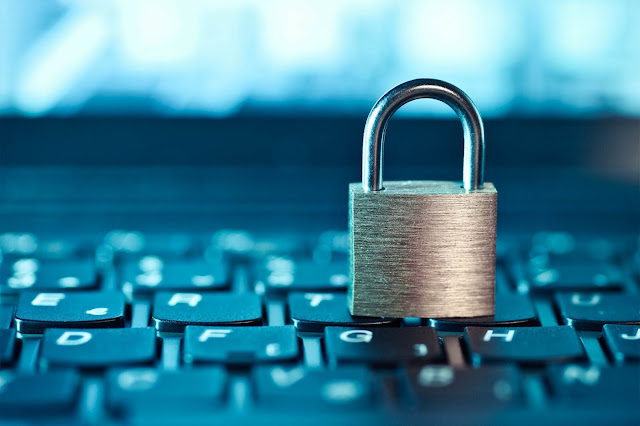Don't panic just yet—you can avoid identity theft by taking the right steps.
FIRST: Call the police
If you suspect your wallet was stolen, call the cops. Even though the police might not be able to track down your wallet, putting in a report will cover you in other ways. If a thief does try committing identity fraud, you’ll have to prove that you aren’t responsible for the costs. “Someone is going to lose here, and it’s either the credit card company, bank, or you,” says Robert Siciliano, CSP, CEO of IDTheftSecurity.com. “If you say you’re a victim, you need to prove it.” That police report could be the proof you need to show you’re telling the truth about false charges. Don't miss these tips for keeping your purse safe in public.
Close your debit and credit cards
Any lost credit or debit accounts should be closed as soon as possible. Start with debit, which can be even more devastating than having a credit card stolen. “The money is coming right out of your bank account, whereas credit is a credit card company’s money,” Siciliano says. But act fast—you’ll be liable for up to only $50 of fraudulent charges if you report it within two business days, but any longer and you could lose $500 or more. Credit cards, on the other hand, have a 60-day gap for you to report. Siciliano recommends swapping out a debit card for an ATM card, which lets you take out or deposit cash and checks but can’t be swiped to pay at a store or restaurant. These are 26 secrets identity thieves won't tell you.
Put up a fraud alert
One option is to put up a fraud alert on your file by calling just one of the three credit reporting companies (Equifax, Experian, and Trans Union). If someone tries to open credit using your name and information, the business will take more steps to confirm their identty. “The problem here is that if they have a hold of your license, they could take your information and put their picture on a faked license,” says Adam Levin, chairman and founder of identity protection service IDT911 and author of Swiped: How to Protect Yourself in a World Full of Scammers, Phishers, and Identity Thieves.
Freeze your credit
An even better alternative to a fraud alert is freezing your credit. Whether your wallet was stolen or you just want extra security, a credit freeze will keep you—or thieves—from opening any new accounts. “All a credit card company does is refund your account if there’s fraud,” Siciliano says. “They’re just forgiving the debt, not guarding your credit.” You’ll have to call all three credit reporting companies to freeze your credit, but you can call just one if you want to thaw it. There’s a fee of about $10 every time you freeze and unfreeze (though it’s free if you’re an identity theft victim), but it provides extra protection that’s hard to crack.
Set up a monitoring program
A program that keeps an eye on your credit is especially important if you lost your Social Security card (though you should leave that or any of these items out of your wallet in the first place). “Once they have your social security number, they have that option on your life,” Levin says. “It’s not ‘if’ but ‘when.’” With a monitoring program, you’ll get an email, text, or phone notification whenever you or anyone else tries to apply for credit to confirm that it’s you.
Keep an eye on your accounts
Thieves can’t buy with a card once you’ve closed the account, but that doesn’t mean you should be lax about double-checking your spending—a routine you should make habit even if you don’t think you’ve been a victim of fraud. “Closely monitor before and after you lose your wallet,” Siciliano says. Depending on what your bank or credit card offers, you could get an email, text message, or app notification alerting you of account activity. If not—or in addition, just to be safe—go through your statements regularly to make sure everything is accurate, he says. Some thieves sell cards based on zip code, meaning the credit card company will think charges seem normal and won’t issue a warning, though you’ll recognize the extra costs, Levin says.






